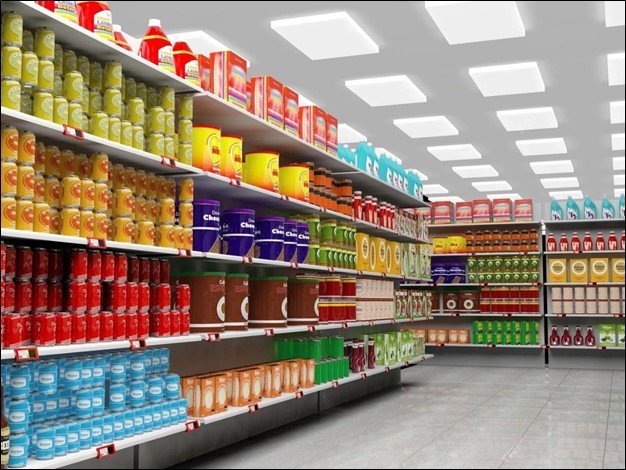Festival Tourism: A Boon for Hospitality and Transportation Jobs!
1. Festival Tourism: A Boon for Hospitality and Transportation Jobs!
Festival tourism creates thousands of jobs and transforms local economies when major events roll into town. This guide is for tourism professionals, local business owners, hospitality managers, and
transportation companies looking to capitalize on festival-driven employment opportunities.
Festivals bring massive crowds that need places to stay, food to eat, and ways to get around. This
demand creates a ripple effect across entire communities, opening doors for both temporary and
permanent employment.
We'll explore how the hospitality sector benefits from festival tourism through increased hotel bookings,
restaurant staffing needs, and event service positions. You'll also discover how the transportation
industry sees major employment boosts from ride-sharing opportunities, shuttle services, and logistics
support roles that keep festival-goers moving smoothly.
2. Economic Impact of Festival Tourism on Local Job
Markets
Direct Employment Opportunities During Festival Seasons
Festival seasons create an immediate surge in job opportunities across multiple sectors. Hotels
scramble to fill housekeeping, front desk, and food service positions to handle the influx of visitors.
Restaurants expand their staff with temporary servers, cooks, and bartenders to manage increased
dining demand. Local venues hire security personnel, stage technicians, and event coordinators to
ensure smooth operations.
The transportation sector experiences similar staffing boosts. Taxi companies recruit additional drivers,
rideshare platforms see increased driver sign-ups, and public transportation systems add extra shifts.
Tour operators hire guides, bus drivers, and customer service representatives to accommodate festival-
goers exploring the area.
Event organizers themselves create substantial employment opportunities. They need temporary
workers for ticket sales, crowd management, vendor coordination, and cleanup crews. Local artisans
and vendors gain access to lucrative selling opportunities that can generate significant income in just a
few days or weeks.
Multiplier Effect on Regional Economic Growth:
Festival tourism triggers a powerful ripple effect throughout local economies. When festivals draw
thousands of visitors, the initial spending spreads far beyond the event grounds. Visitors purchase
groceries, souvenirs, and services from local businesses, creating demand that extends to suppliers,
distributors, and service providers who may not directly serve tourists.
Small businesses experience increased sales that allow them to hire additional staff or increase hours
for existing employees. Gas stations, convenience stores, and retail shops often see revenue spikes of
200-300% during major festival periods. This increased business activity creates jobs in seemingly
unrelated sectors like banking, insurance, and professional services as local businesses expand their
operations.
The economic momentum often extends beyond the festival dates. Businesses use festival profits to
invest in equipment, renovations, or inventory, creating construction jobs and supporting local suppliers.
Some visitors return as regular tourists, establishing ongoing economic relationships with the community.
Revenue Generation for Hospitality and Transportation Sectors
Festivals transform typically quiet periods into peak earning seasons for hospitality businesses. Hotels
can charge premium rates while achieving near-100% occupancy, generating revenue that sustains
operations during slower months. Bed and breakfasts, vacation rentals, and even local residents offering
spare rooms through platforms like Airbnb benefit from increased demand.
Restaurant revenue often doubles or triples during festival weekends. Food trucks and temporary
vendors generate substantial income, while established restaurants extend hours and offer special
menus to capitalize on increased foot traffic. Catering companies secure lucrative contracts for VIP
areas, artist hospitality, and corporate events associated with festivals.
Transportation services experience similar revenue surges. Airport shuttle services, taxi companies, and
rental car agencies see dramatic increases in bookings. Local transportation networks often implement
premium pricing during festival periods, maximizing revenue from increased demand. Some
entrepreneurs launch temporary transportation services specifically for festival seasons, creating new
business opportunities.
Long-term Sustainability of Festival-Driven Employment
Successful festivals often evolve into annual traditions that provide predictable employment cycles.
Workers develop expertise in festival operations, making them valuable assets for recurring events.
Many seasonal employees return year after year, creating a reliable workforce that understands local
logistics and customer expectations.
Smart communities leverage festival success to attract other events and tourism initiatives. A well-run
music festival might lead to hosting food festivals, arts events, or corporate retreats throughout the year.
This diversification creates more stable employment opportunities and reduces dependence on a single
Quick Link
Hot Job
Magic Job © 2024. All Rights Reserved.
ISO 9001:2015 and MSME: UDYAM-WB-18-0017837





-16392131080.png)




